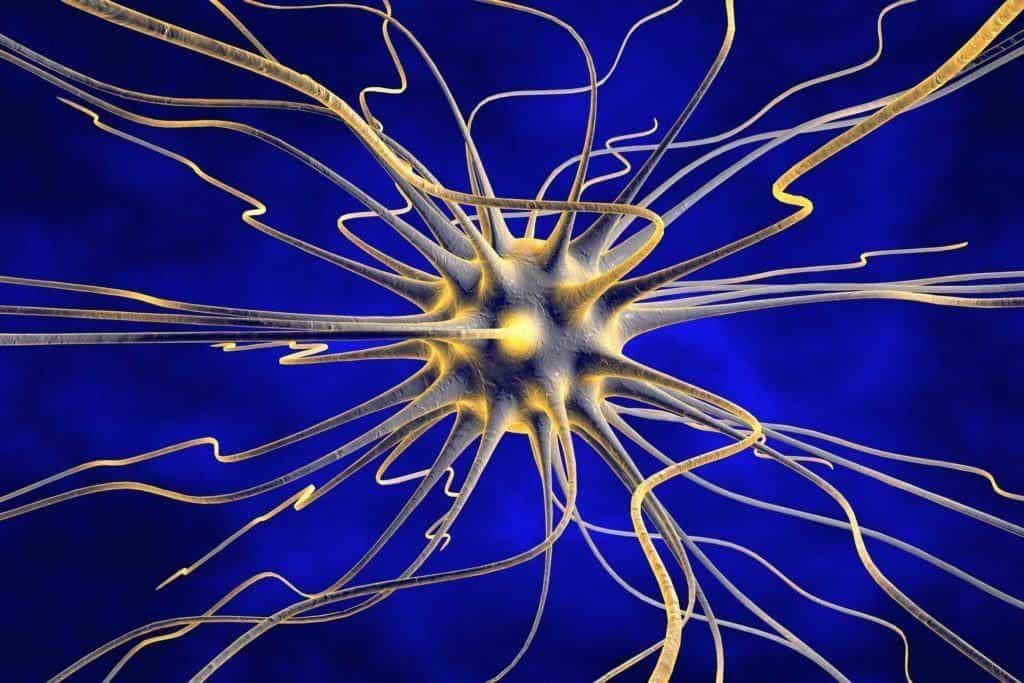Contents:
- Medical Video: Total Knee Replacement Surgery | Nucleus Health
- What is arthritis?
- When do I need to undergo total knee replacement?
- What should I know before undergoing total knee replacement?
- What should I do before undergoing total knee replacement?
- What should I do after undergoing total knee replacement?
- What complications can occur?
Medical Video: Total Knee Replacement Surgery | Nucleus Health
Definition
What is arthritis?
Arthritis is inflammation or damage to one or more joints. The most common type of arthritis is osteoarthritis, a condition when the joints gradually become worn and torn. Some other types of arthritis are associated with arthritis. Arthritis makes wear of the cartilage that covers the surface of the joint, so that the bone below it becomes damaged. This causes pain and stiffness in the joints.
When do I need to undergo total knee replacement?
This operation is an option for patients whose knee joints have been damaged by a type of progressive arthritis, trauma, or rare joint disease. The most common reason for knee replacement surgery is acute osteoarthritis of the knee. Regardless of the causes of joint damage, an increase in pain, stiffness, and restriction of motion, are considered by patients in undergoing this operation. The decision taken is not easy because a comprehensive understanding of the benefits and risks of surgery is needed.
Prevention & warning
What should I know before undergoing total knee replacement?
More than 90% of people who undergo this operation experience a dramatic decrease in knee pain and a significant increase in the ability to carry out daily activities. However, you cannot move as freely as before before suffering from arthritis. Symptoms of knee damage can actually be reduced by taking painkillers such as paracetamol, and anti-inflammatory painkillers, and supplemental intake. Consult further with your doctor before you take supplements. Canes can be used to help you walk. The artificial knee can wear out over time.
Are there alternatives to surgery?
Canes can be used to help you walk. In addition, you can wear elastic knee support on your knee to make it feel stronger. Regular light exercise can help reduce stiffness. Steroid injections into the hip joint can relieve pain and stiffness. All these alternative actions become less effective if the condition of arthritis gets worse.
Process
What should I do before undergoing total knee replacement?
In the surgical preparation stage, make sure you tell your doctor about your health condition, the medications you are taking, as well as all kinds of allergies you have. The anesthesiologist will explain the anesthesia procedure and give further instructions. Make sure you follow all doctor's instructions, including a ban on eating and drinking before surgery. You also need some modifications at home to support the recovery process. Discuss with the doctor for further instructions. In general, you are required to fast for six hours before the surgery is carried out. However, you may be allowed to consume drinks like coffee a few hours before the surgery.
What is the total knee replacement process?
Various anesthetic techniques may be used in this procedure. Surgery usually takes one hour to 90 minutes. Doctors will make an incision in the front of the knee and lift the surface of the damaged joint. Then, the doctor will insert an artificial knee joint made of metal, plastic, ceramics, or a combination of these materials. By using acrylic cement or a special coating, the replacement knee can remain attached to the bone.
What should I do after undergoing total knee replacement?
After surgery, you are allowed to go home after 3 to 7 days. For several weeks, you need to use crutches or sticks to walk. Regular exercise is also proven to accelerate the healing process. But before deciding to exercise, you should ask for a doctor's advice. Most people show good progress in the recovery period. The pain is reduced and the patient can move more actively than before even though basically, the artificial knee is not as comfortable as the original knee. Avoid kneeling activities and usually this activity makes your knees uncomfortable.
Complications
What complications can occur?
Each surgical procedure must have its own risks, including total knee replacement. The surgeon will explain all kinds of risks that may occur after surgery. Common complications that can occur after surgery are the effects of post anesthesia, excessive bleeding, or blood clots in the deep vein (deep vein thrombosis or DVT).
Patients who undergo this operation have the potential to experience complications:
● bones are split when a replacement knee is inserted
● nerve damage
● damage to blood vessels
● damage to ligaments or tendons
● infection in the knee
● replacement knees are stretched
● dislocation
● comfort of the knee gradually decreases
● great pain, stiffness and loss of complex regional pain syndrome arise.
Discuss your problem thoroughly with an orthopedic surgeon before undergoing surgery.
Hello Health Group does not provide medical advice, diagnosis or treatment.











